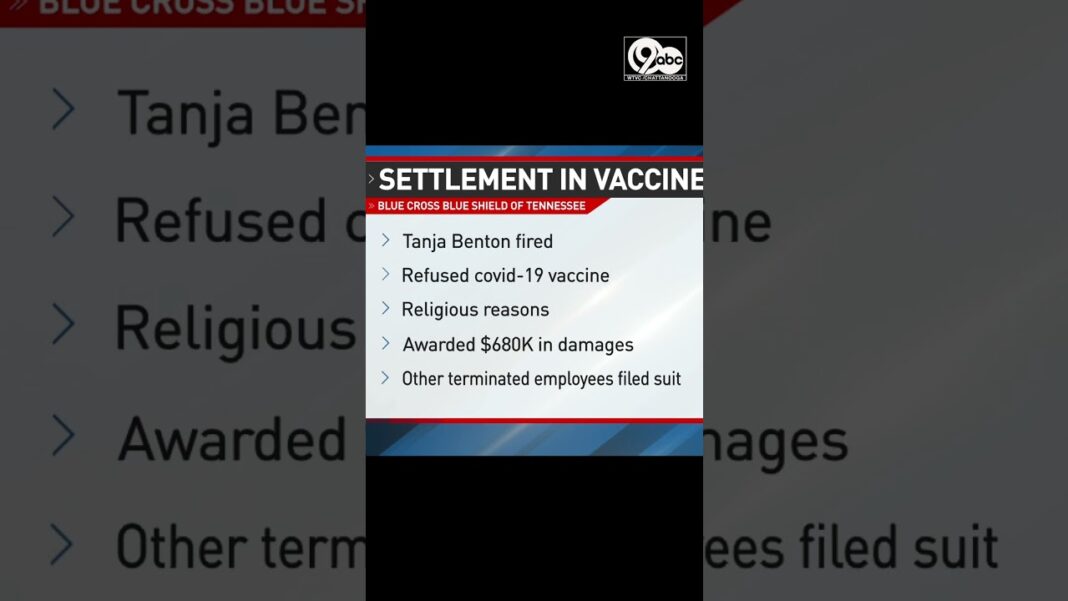The former adviser to President Donald Trump was sentenced to four months in prison.
Steve Bannon on July 1 reported to a federal prison in Connecticut to begin a four-month sentence for a contempt-of-Congress conviction.
Mr. Bannon, 70, was sentenced in 2022 but his start date was pushed back as he appealed the conviction, arguing that he was following advice of counsel when he defied subpoenas from a U.S. House of Representatives committee.
A judge recently ordered him to report to prison on July 1, though, and attempts to overturn the order were rejected by an appeals court and the U.S. Supreme Court.
“I’m proud of going to prison today,” Mr. Bannon said outside Federal Correctional Institution Danbury. “If this is what it takes to stand up to tyranny … I’m proud to do it.”
Mr. Bannon, a one-time adviser to President Donald Trump, declined to cooperate with a House panel investigating the Jan. 6, 2021, breach of the U.S. Capitol. The House voted to recommend prosecution, and the U.S. Department of Justice brought contempt charges. Jurors convicted Mr. Bannon of two counts—one for not sitting for testimony and another for not providing documents the House sought.
U.S. District Judge Carl Nichols said after he handed down the four-month sentence that Mr. Bannon in his appeal was bringing up serious issues that could result in the conviction being overturned, and said Mr. Bannon could remain free as the appeal was considered by the courts.
Mr. Bannon and his lawyers said the key question centered on the word “willfully” in federal law. The law in question bars willfully defying congressional subpoenas.
“Mr. Bannon believed his actions were in compliance with the law,” his lawyers said in a filing to the Supreme Court, highlighting how Mr. Bannon’s representatives had instructed him to not comply with the subpoenas until issues surrounding executive privilege, or privilege exerted by the president, were resolved.
A U.S. Court of Appeals for the D.C. Circuit panel in May rejected the appeal, finding that “‘willfully’ in Section 192 means only that the defendant deliberately and intentionally refused to comply with a congressional subpoena, and that this exact ‘advice of counsel’ defense is no defense at all.”







